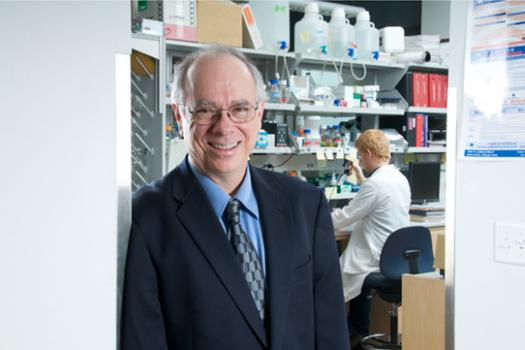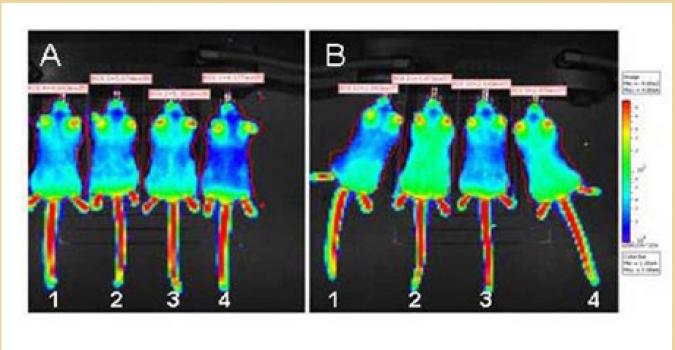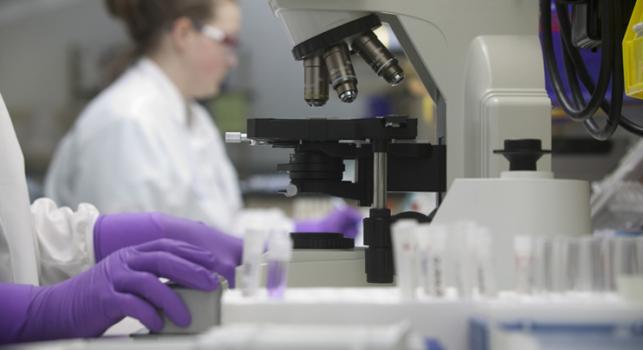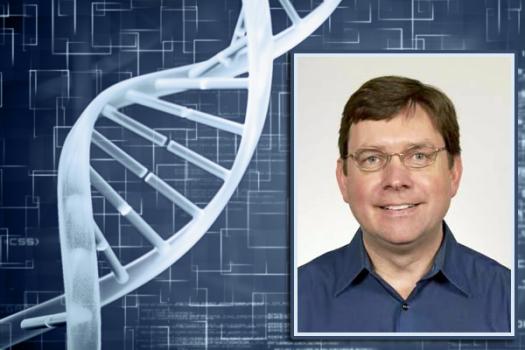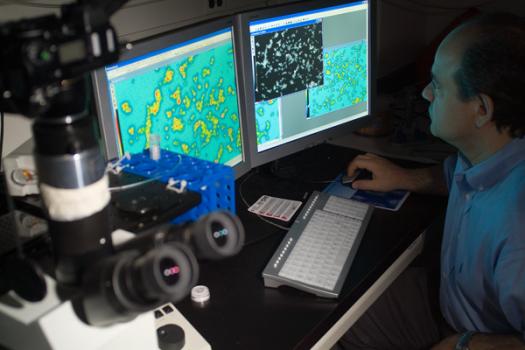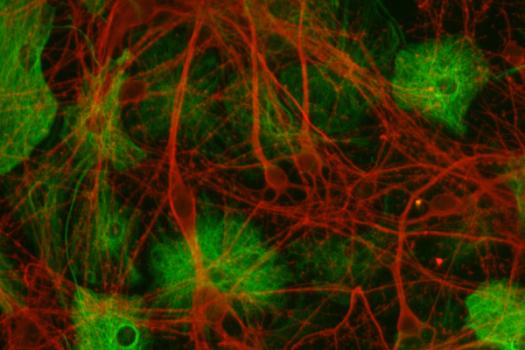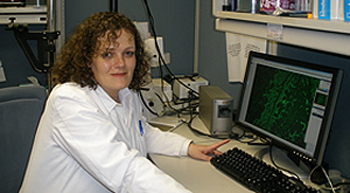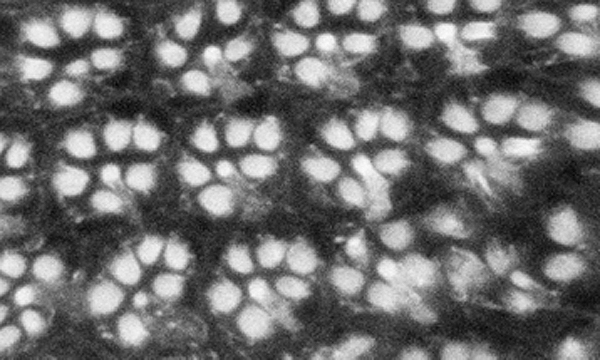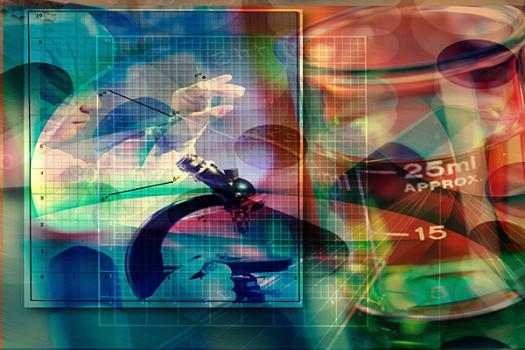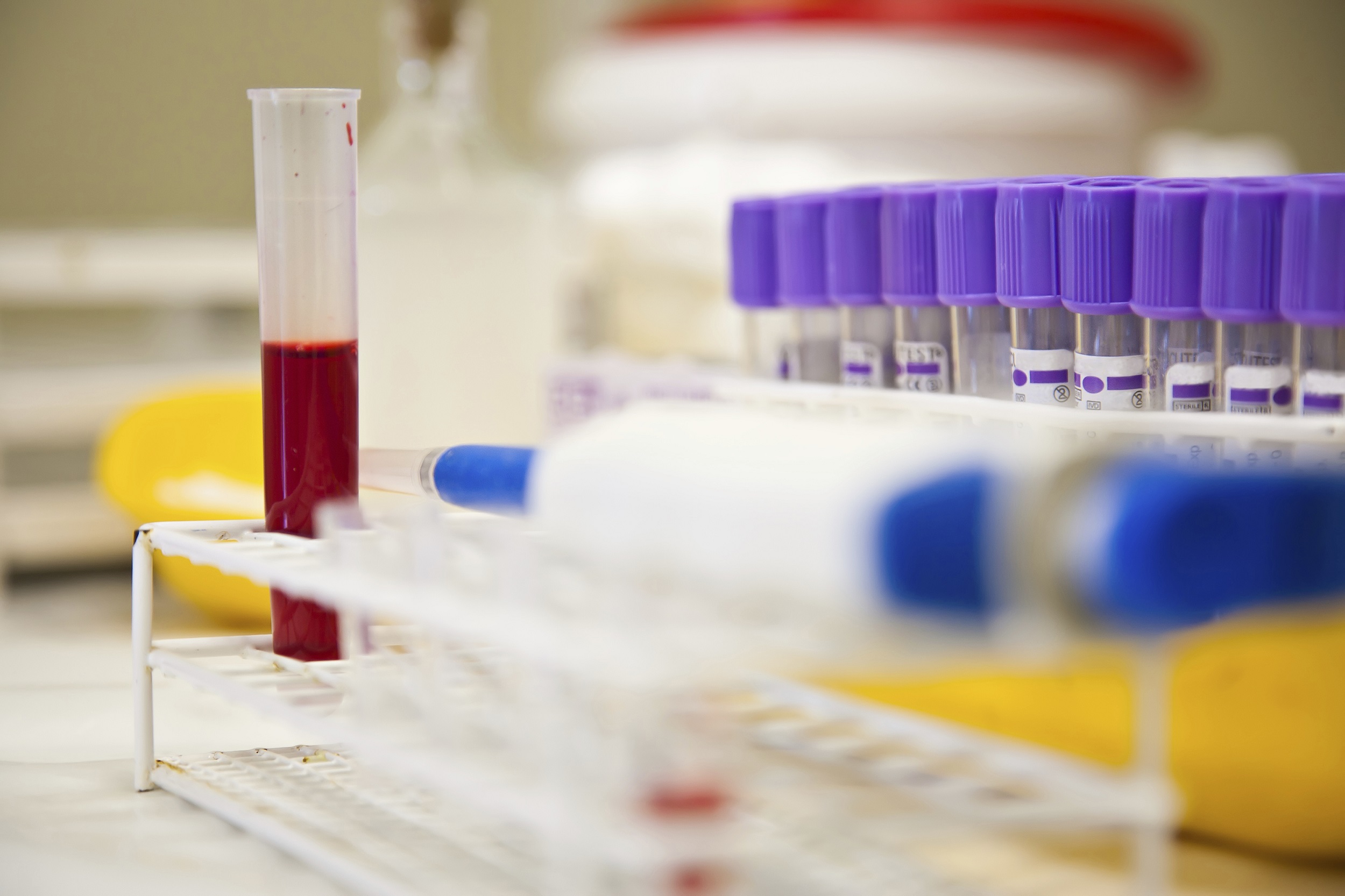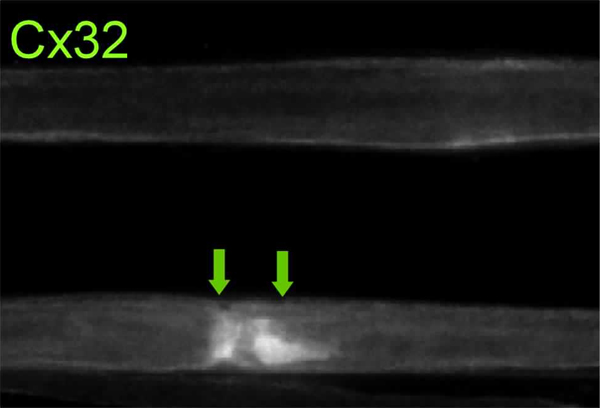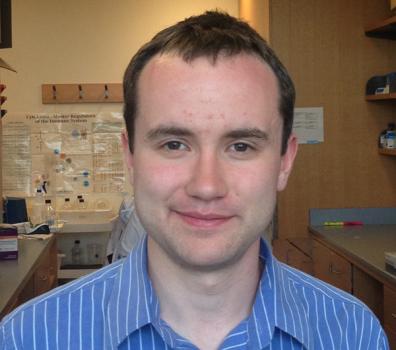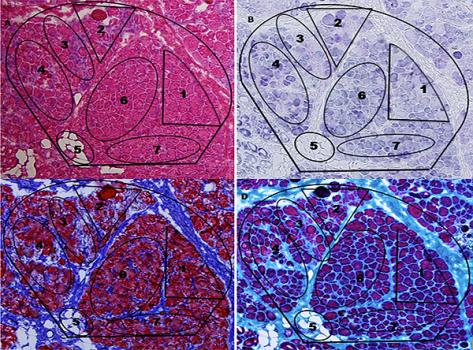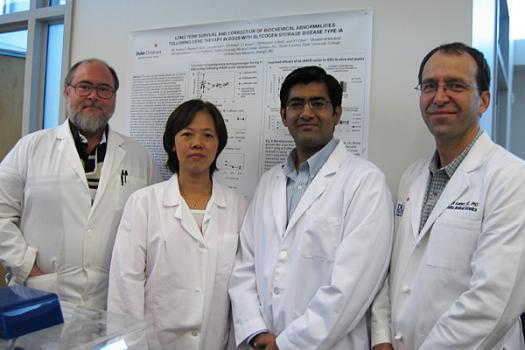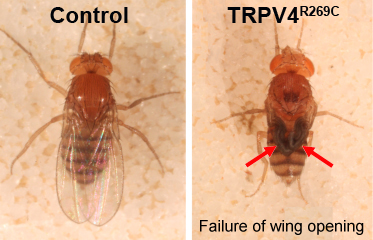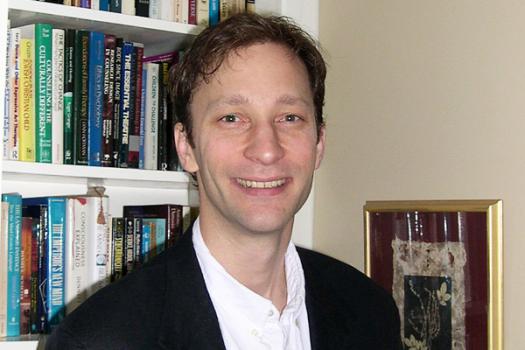
MDA awarded a research grant totaling $301,614 over three years to Marc Weisskopf, associate professor of environmental and occupational epidemiology in the departments of environmental health and epidemiology at Harvard School of Public Health in Boston. The funds will help support Weisskopf’s search for nongenetic risk factors for amyotrophic lateral sclerosis (ALS).
“The search for nongenetic risk factors for amyotrophic lateral sclerosis (ALS) has progressed slowly over the past decades,” Weisskopf explains. “Although numerous hypotheses have been proposed, outside of age and male gender, no risk factor has emerged as a consistent and accepted predictor of risk.”
Weisskopf says that the lack of rigorous population-based studies of ALS with exposure data collected prospectively (before the onset of ALS) probably is one reason why scientists still have a poor understanding of very basic, fundamental aspects of the distribution of ALS in the population — for example, the distribution by race, ethnicity or socioeconomic status.
With colleagues, Weisskopf is studying the relationship between race/ethnicity, education and specific occupations, and the risk of developing ALS. The team is using the National Longitudinal Mortality Study (NLMS), a cohort study of almost 2.4 million men and women who completed the Current Population Survey (CPS) of the U.S. Bureau of the Census between 1973 and 2002.
"Our analytical approach is to examine how the factors determined at baseline relate to subsequent risk of death from ALS,” Weisskopf says. For this the investigators are using the National Death Index, which provides data on the causes of nearly all deaths in the United States since 1979.
“We have already identified 713 deaths from ALS, which, even as a minimum of the eventual total we will have, makes this study not only one of the largest of the few cohort studies with prospectively collected data, but also the only one that is representative of the U.S. population,” Weisskopf notes.
Funding for this MDA grant began Aug. 1, 2012.
Grantee: ALS — Marc Weisskopf, Sc.D., Ph.D.
Grant type:
Award total:
Institution:
Country:
